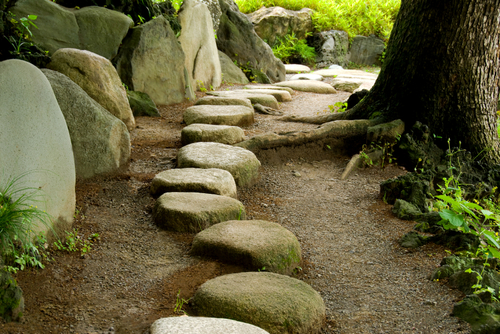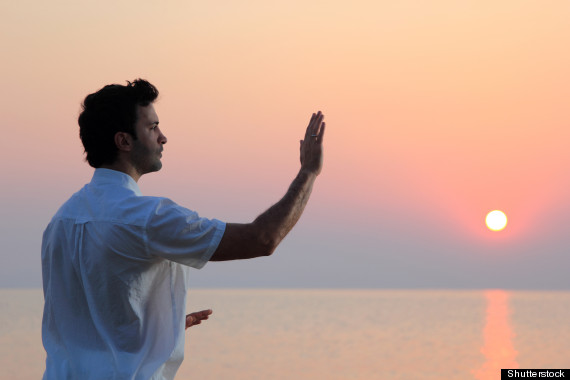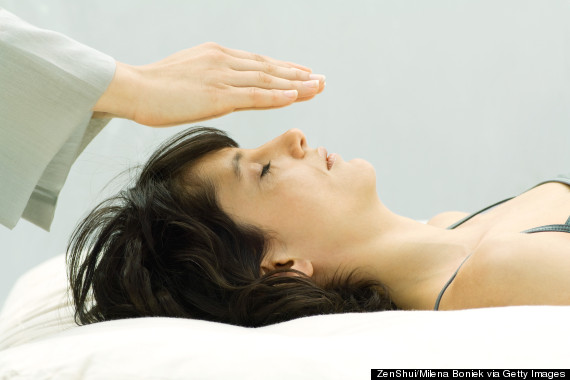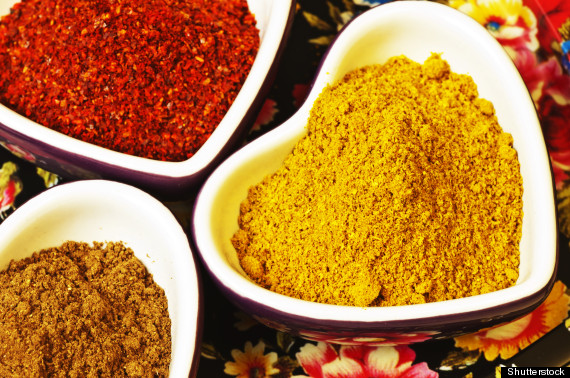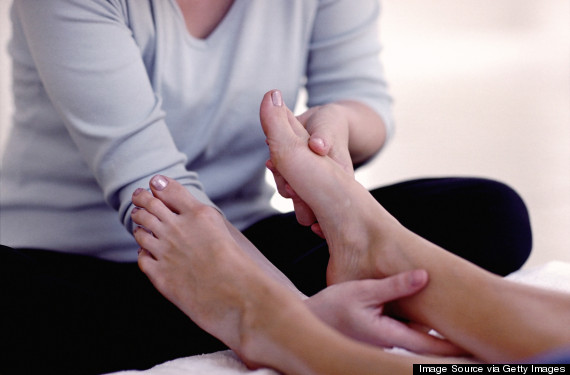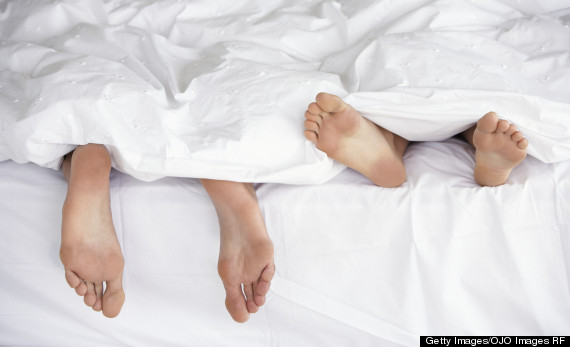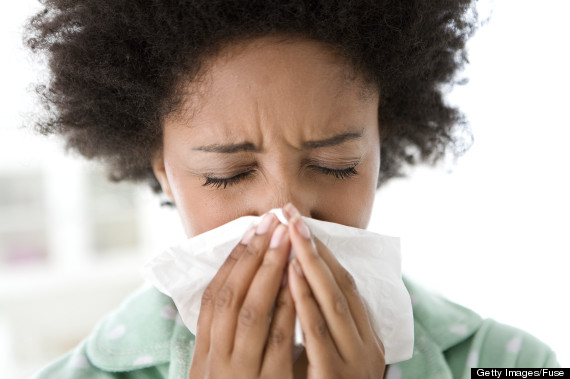But what if you're going to be a "single" this holiday season? What if you've recently broken up with someone? This is especially hard to handle especially around friends and relatives who may either offer pitiful looks, which you don't want, or be overly cheerful and try too hard to hook you up with "this great guy we know!"
Breaking up is difficult at any time of the year, but it is especially painful during the holiday season. How do you handle the party season where you might just run into your ex, possibly with his new date?
My advice is to do what is comfortable for you. If you truly don't want to make the rounds of holiday gatherings because you just don't feel festive enough to be around people who know your situation or you don't want to run into you-know-who, don't. You're in control of what you do. A cautionary tip here: Don't stay home and wallow in misery either. Do something else that will give you pleasure and a sense of holiday joy. You may need to get away from everything that reminds you of your past relationship.
If you're not part of a happy, smiling, jewelry giving and receiving couple (oh that awful Jane Seymour open heart pendant commercial!) or if your family is a group of people you'd rather not spend the holidays with, take heart. And take care of yourself by planning to go on a vacation.
There are many resorts that offer mini-vacations catering to singles at this time of year. The resort is decorated for the holidays, there's good food and activities, you feel pampered, and you're not alone. That may be just what you need. Be good to yourself and remember: You got "separated" from one person, not from life. With a little self-nurturing, you can, and will, get through it.
You're not alone in "being alone" because there are many others in the same situation at holiday time. Vacations have become a major venue for those who might otherwise be spending the holidays on their own, either by circumstances or choice.
The great news is that resorts, hotels, and vacation spots do especially cater to singles; they have many festivities that you can attend on your own and still be part of a holiday crowd. From sitting and relaxing in a hot tub surrounded by snow in Reno, Nevada to watching live entertainment under the stars at a Caribbean resort, your choices of where to go are limited only by your imagination.
Cruise ships have entire cruises dedicated to singles only and ski resorts abound with special package deals. Mini-vacations or a full seven-day trip are available. All you have to do is make plans and the earlier the better.
If you know that you're going solo on a holiday, give yourself an early gift and make reservations at a place you want to be. Saving towards this special gift gives you the fun of anticipation. Treat yourself well. This is your holiday as well as everyone else. Planning ahead a few months will enable you to get the best for your money.
Don't be shy about asking if there are special rates for singles or requesting favors. The staff is there to make sure you're comfortable and happy. If you dread eating alone, ask if there are restaurants where you can eat with others. A good example of this is Teppanyaki, a Japanese style of dining where food is prepared at your table on a grill that sits in the center. Each square-shaped table seats about 10 people. Seating is arranged on three sides of the table with the chef standing on the fourth side. The fun of watching the chef's expertise as he slices and dices your food leads to interesting conversation with others.
Understand that this is a festive time of year and people are going to be friendly and in high spirits at your destination. You won't feel so alone because the holiday spirit seems to prevail more strongly when people are being catered to and do not have the hassle of decorating and entertaining. You're a guest and so is everyone else at the hotel or resort.
Holidays should be about being happy and taking some time off from everyday life. This year give a personal gift to yourself that will make the holiday a special time for you. Make your holiday a happy one or you!
Read the just released Welcome to Hell by Kristen Houghton. An Amazon Kindle Best.
And Then I'll Be Happy! Stop Sabotaging Your Happiness and Put Your Own Life First ranked in the top 100 books by Tower Books
Kristen Houghton is the author of the hilarious book, No Woman Diets Alone -- There's Always a Man Behind Her Eating a Doughnut in the top 10 hot new releases at Amazon available now on Kindle, Nook and all e-book venues.
You may email her at kch@kristenhoughton.com.
from Healthy Living - The Huffington Post http://www.huffingtonpost.com/kristen-houghton/holidays-single_b_4361489.html?utm_hp_ref=healthy-living&ir=Healthy+Living
via IFTTT

